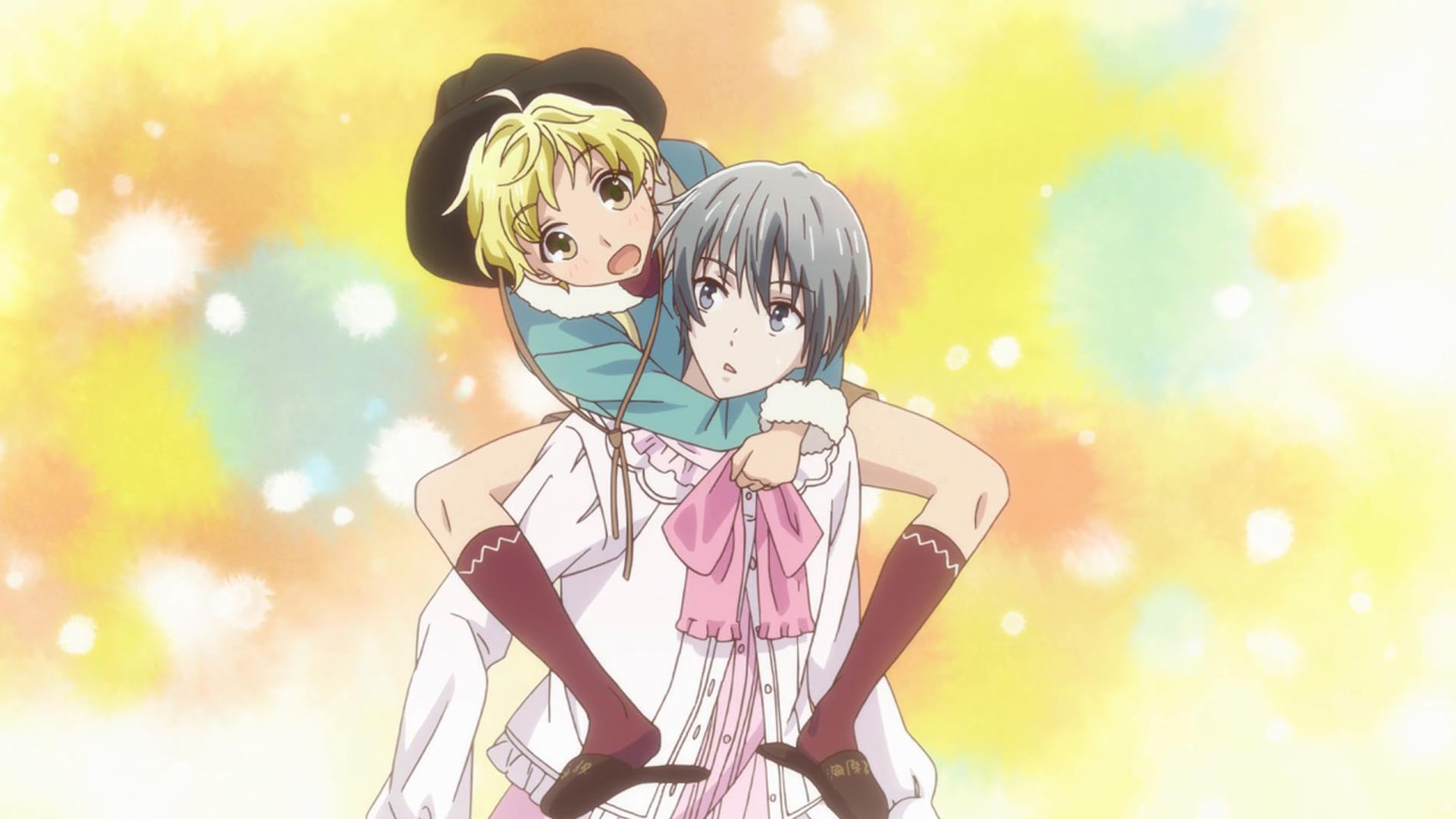Tanika Lane details the return of anime cult-classic ‘Fruits Basket’ as it is successfully revived for 2019
For those unfamiliar with ‘Fruits Basket,’ it concerns the journey of humble optimist Tohru Honda, who moves into her high-school classmate Yuki’s Sohma’s house with fellow family members, Shigure and Kyo, due to the maltreatment of some of her relatives after her mother passes away. What is soon unearthed however is that the Sohma family is haunted by a hereditary ‘curse’ in which certain members of the family are possessed by the members of the Chinese Zodiac, and are immediately transformed into their animal counterparts whenever they are embraced by those of the opposite sex. This inconvenience in itself may seem quite childish and far too fantastical perhaps for the western eye; the immediate assumption indeed being that such a storyline would be enjoyed best back in the innocence of childhood. Nevertheless, it is also true that this light-heartedness and hilarity only poses half of the crux of the narrative, for if ‘Fruits Basket’ had any depth back in 2001, having the completed manga has magnified its impact tenfold in 2019. For with every instance of fluffy shoujo romance, slapstick fight scene and self-deprecating humour, there are the burdens of abuse, the plague of superstition, and the crippling effects of isolation to amplify the action of the story.
For instance, whilst the rejuvenated animation style is undoubtedly adorable, the bubbly designs for the animal forms of the characters in ‘Fruits Basket’ are no mere joking matter. We can say that the choice of the zodiac and the folklore which surrounds it is in fact a revision and expansion of a narrative which is embedded within and more familiar with our own culture – the beauty and the beast dynamic. Despite being a typical trope of fairy-tale and romance – and this certainly is a hallmark of the anime with the burgeoning love triangle between Tohru, Yuki and Kyo – ‘Fruits Basket’ very elegantly heightens the idea to become about the more crucial matter of learning to love both the beauty and the bestial within ourselves rather than just as an external conflict.
Some of the most heart-rendering narratives include how the buoyant Momiji Sohma (the Rabbit) is rejected by his mother due to the fact that he transformed whenever she tried to hold him as a new-born, as well as doll-like Kisa being so intensely bullied for having such yellow hair and golden eyes (unknown to her classmates as being a side effect of being the Tiger) that she condemns herself to silence and even attempts to run away from home.
The most engaging narrative however has to be that of the impassioned and impulsive Kyo, as his alter-ego of the cat perhaps poses the most pronounced burden in the anime; the myth of the cat being alienated from the circle of the zodiac meaning that he lives under automatic threat of being discriminated against by the family through no fault of his own. This proves striking as we can easily apply such prejudice, superstition and fear to those that are treated similarly due to factors such as race, gender or sexuality from any moment in history to the present day. We can thus empathise with how the characters then are not only riddled by their bestial counterparts in terms of being a physical inconvenience, but also the spiritual and emotional difficulties that sprout from having to cope with situations beyond their control. This then is key to what makes the anime so sophisticated, it being all the more engaging as it uses the fantastical as a medium to venture into the relatable and universal.
‘Fruits Basket’ then teaches us not only that it is common for people to be plagued by their demons, but moreover that we should be loved for them. Just as Tohru is able to interpret aspects which many characters hate about themselves as elements which she finds warm and inspiring, the anime enlightens us to the importance of such compassion and trying to find some light in our darkest recesses, rather than cancelling on ourselves, people and relationships. Moreover, considering how much of Tohru‘s nature is garnered from the overwhelming compassion of her mother Kyoka, we can take away from the anime the importance of understanding familial relationships and the impact that this has on future generations. The decay within the extended branches of the Sohma family poses as an ominous metaphorical warning for how the results of poor parenting can poison the parameters of society.
It is truly exciting then to think that we have another season coming in 2020 which will wrap up the rest of the brilliant manga, especially as it will delve further into the heart of the parasite of the series, the Sohma family head Akito, with their rage and insecurities being the central threat to the love and humanity the Sohma family feels within themselves and for one another. Manga fans will additionally be thrilled to see beloved characters that have never made it to the screen before finally being given a voice, as we are teased with previews of the mysterious hospitalised Rin, alongside favourites Kakeru Manabe and Machi Kuragi. This then is conclusively an exquisite piece of artistry whose latest adaptation ingeniously taps into the rawness of human experience with unparalleled formidability. Anyone who struggles with finding their place within the world would greatly benefit from watching ‘Fruits Basket’; investing in the wondrous aesthetics and delicate narratives, you, like the characters, will undoubtedly become more open, hopeful, and richer for it.
Image Credit: Studio Deen

